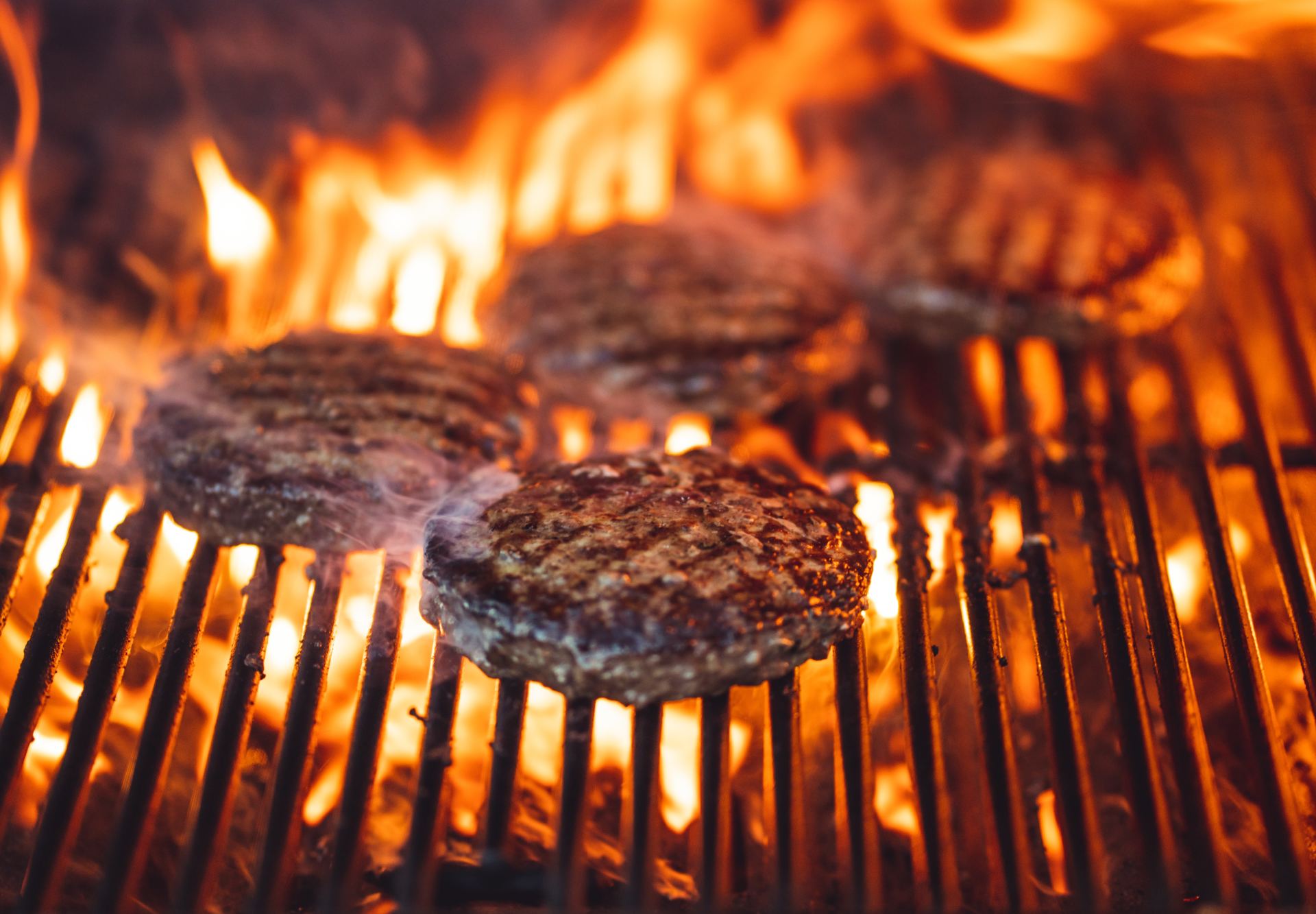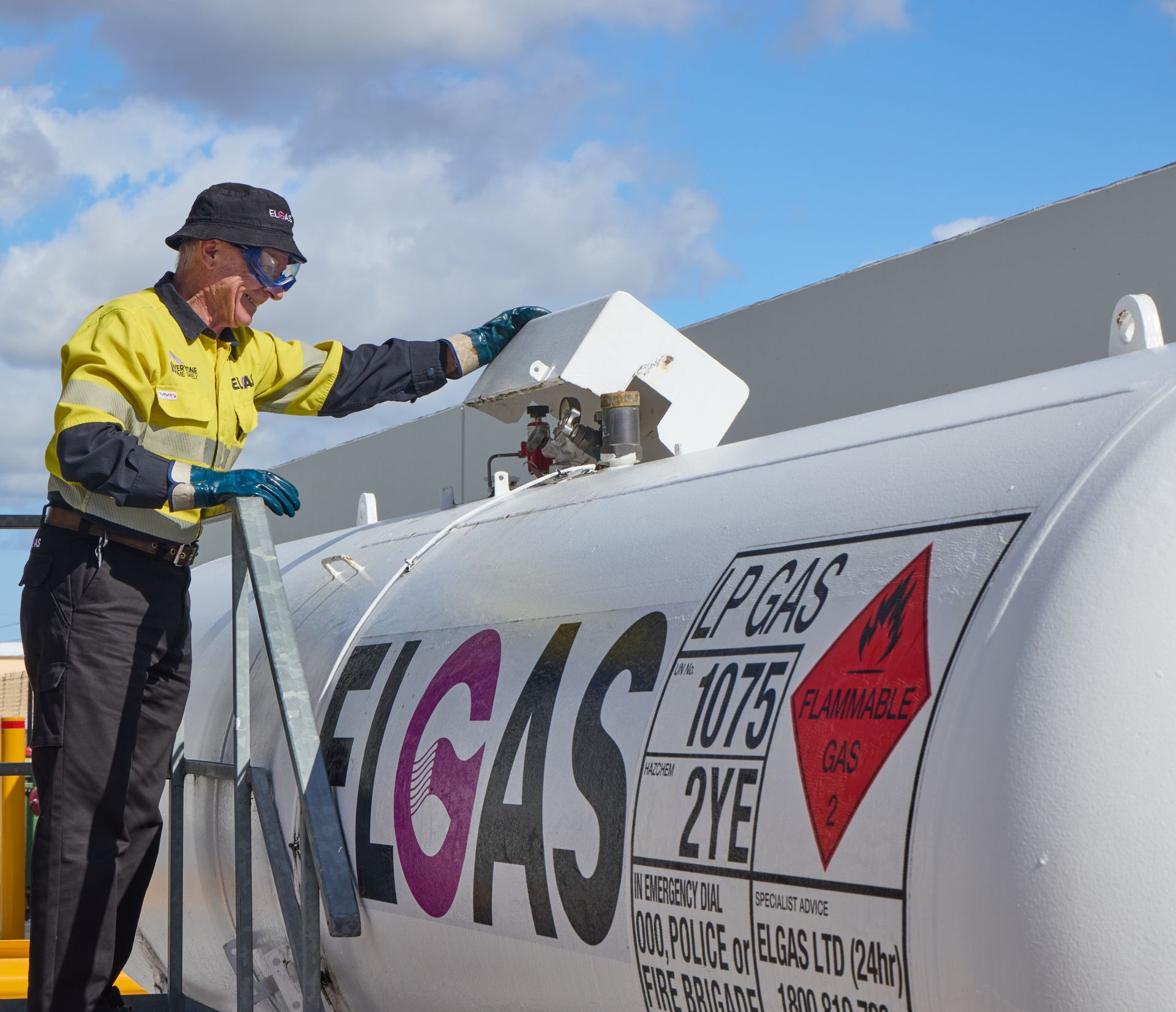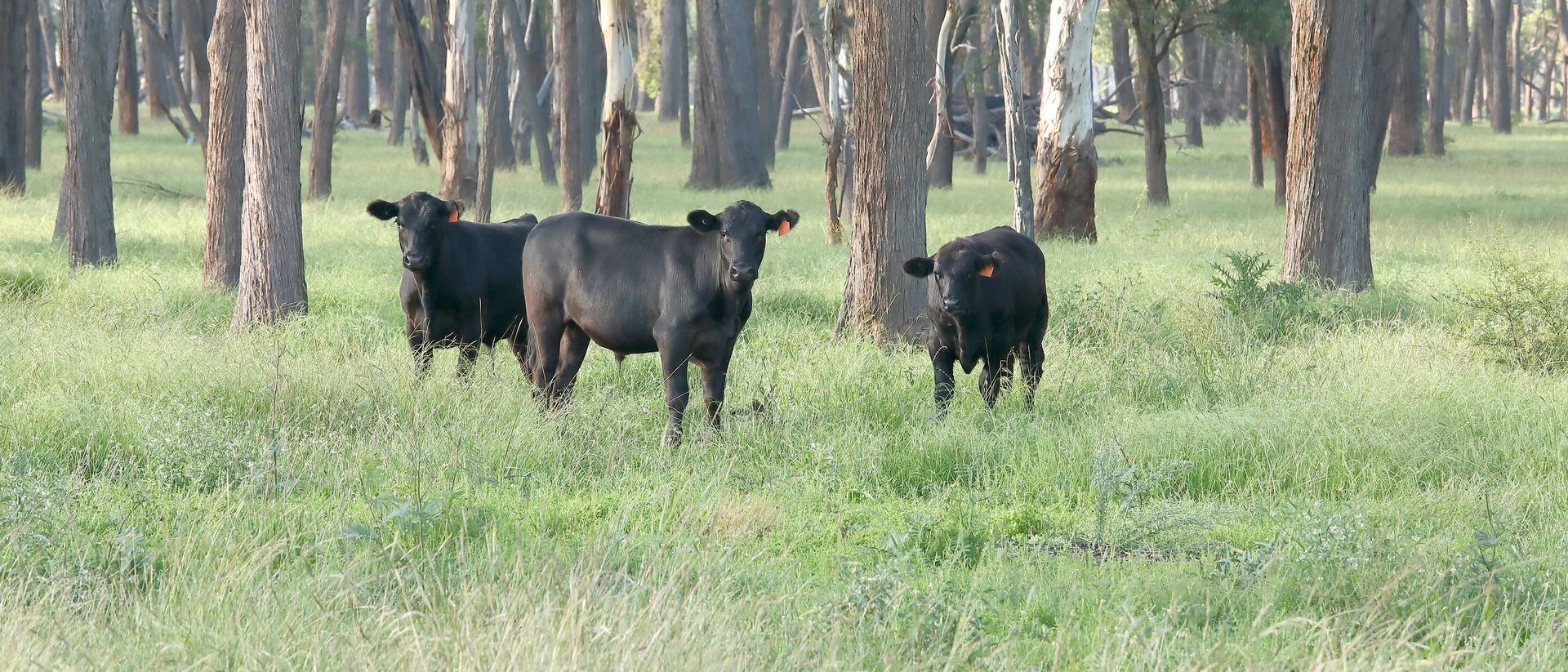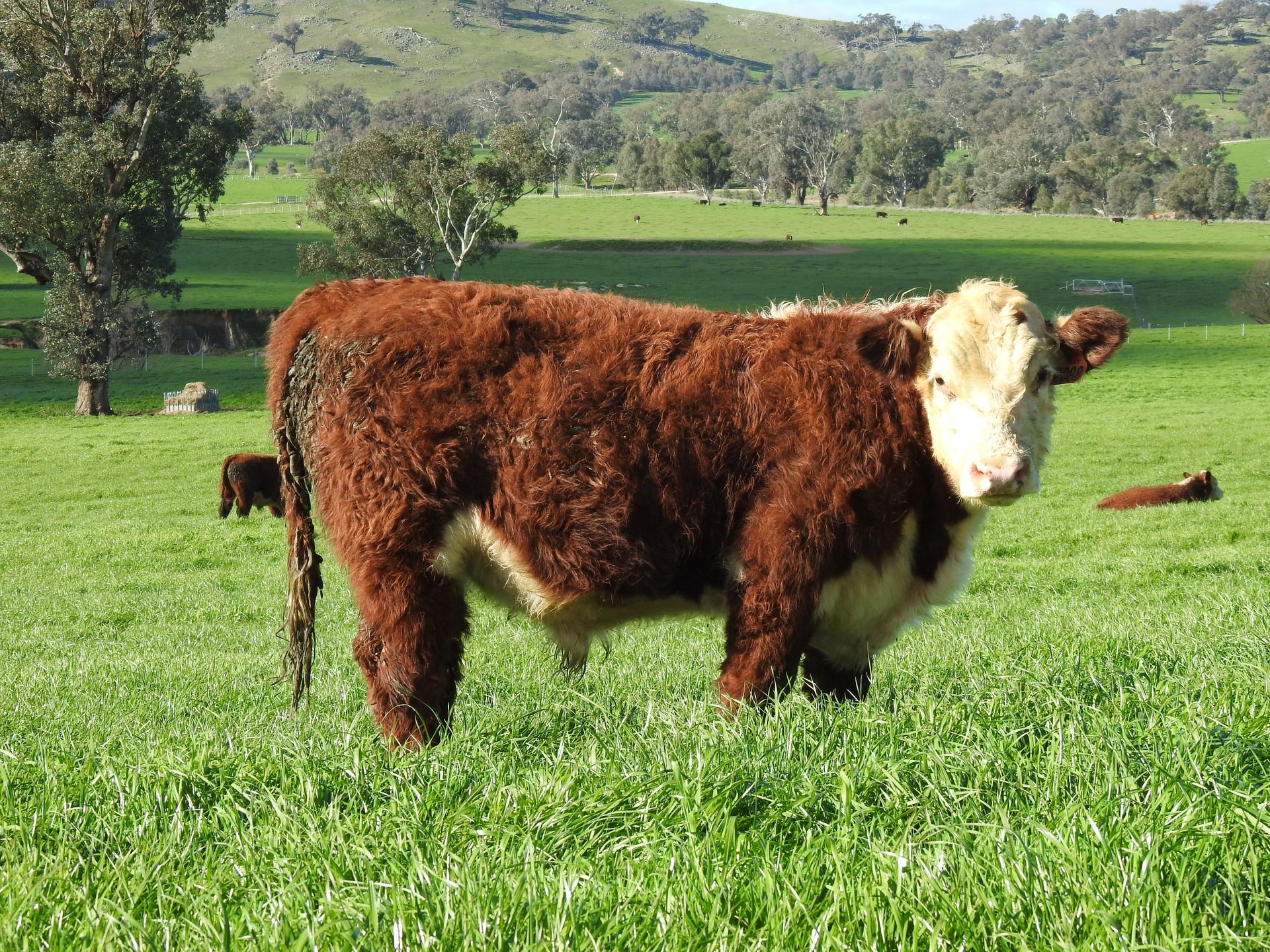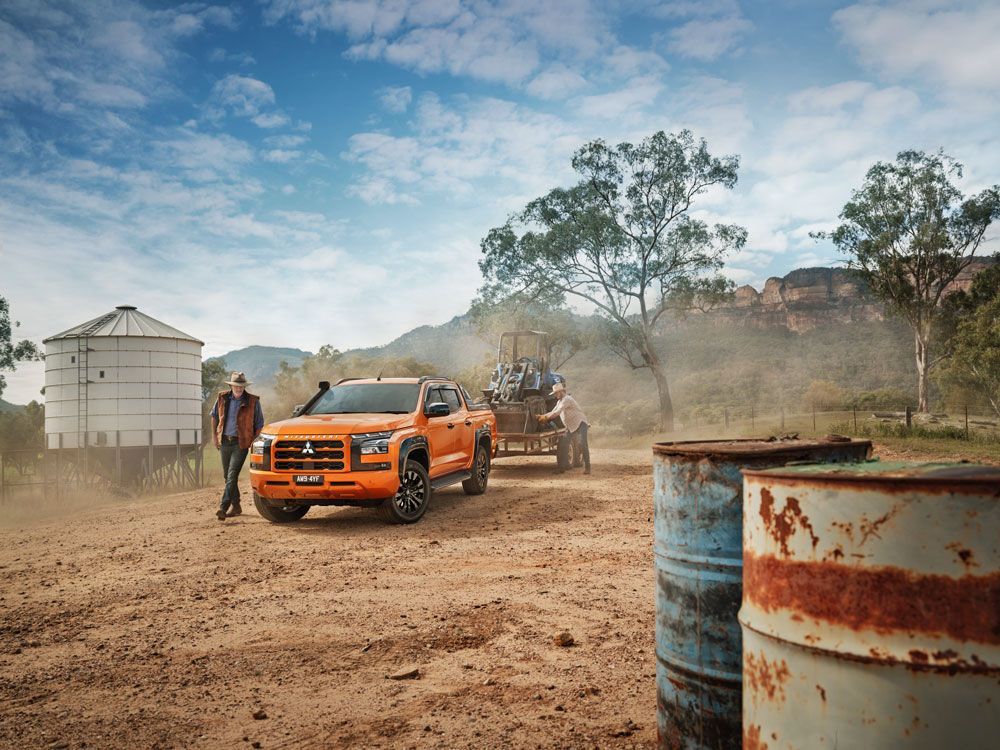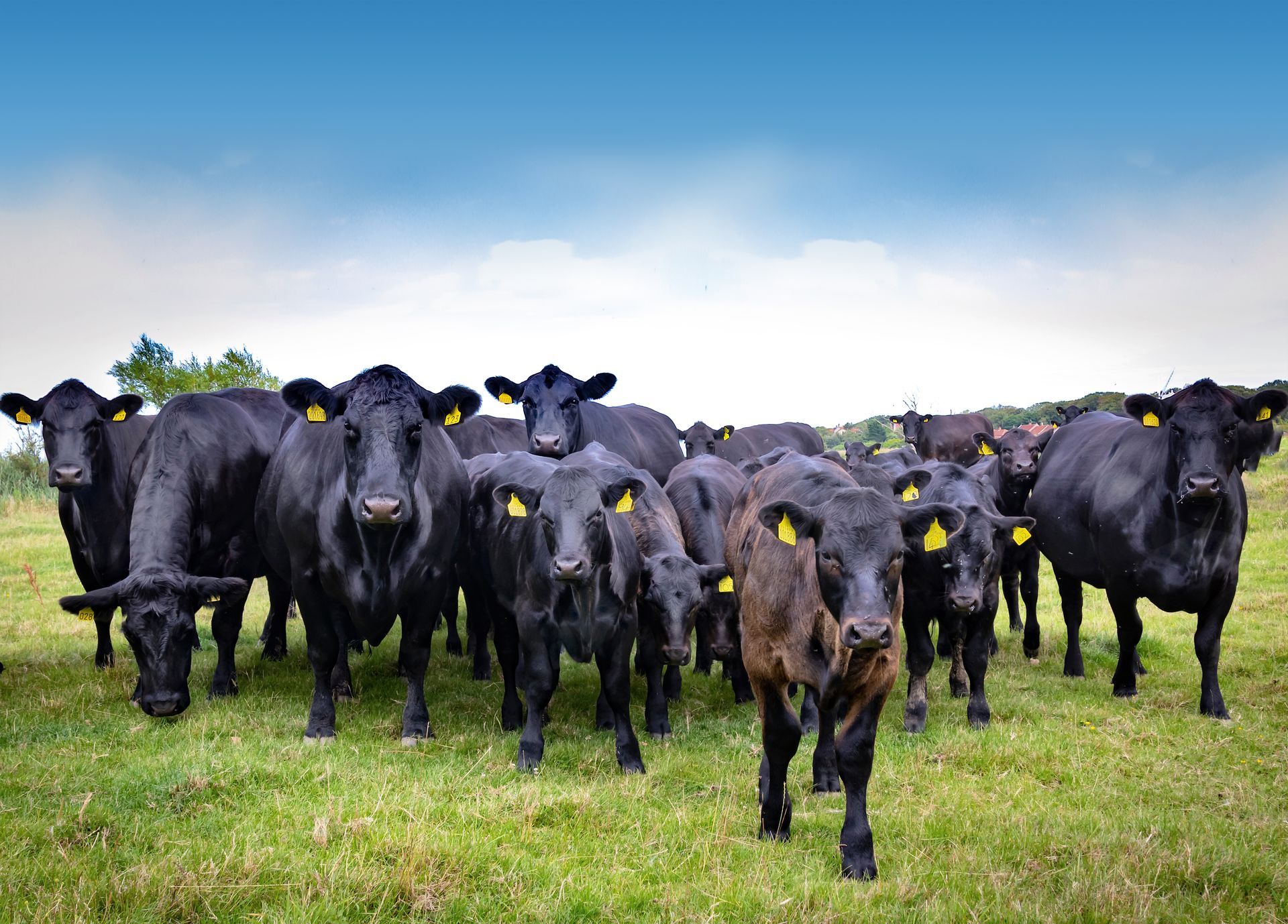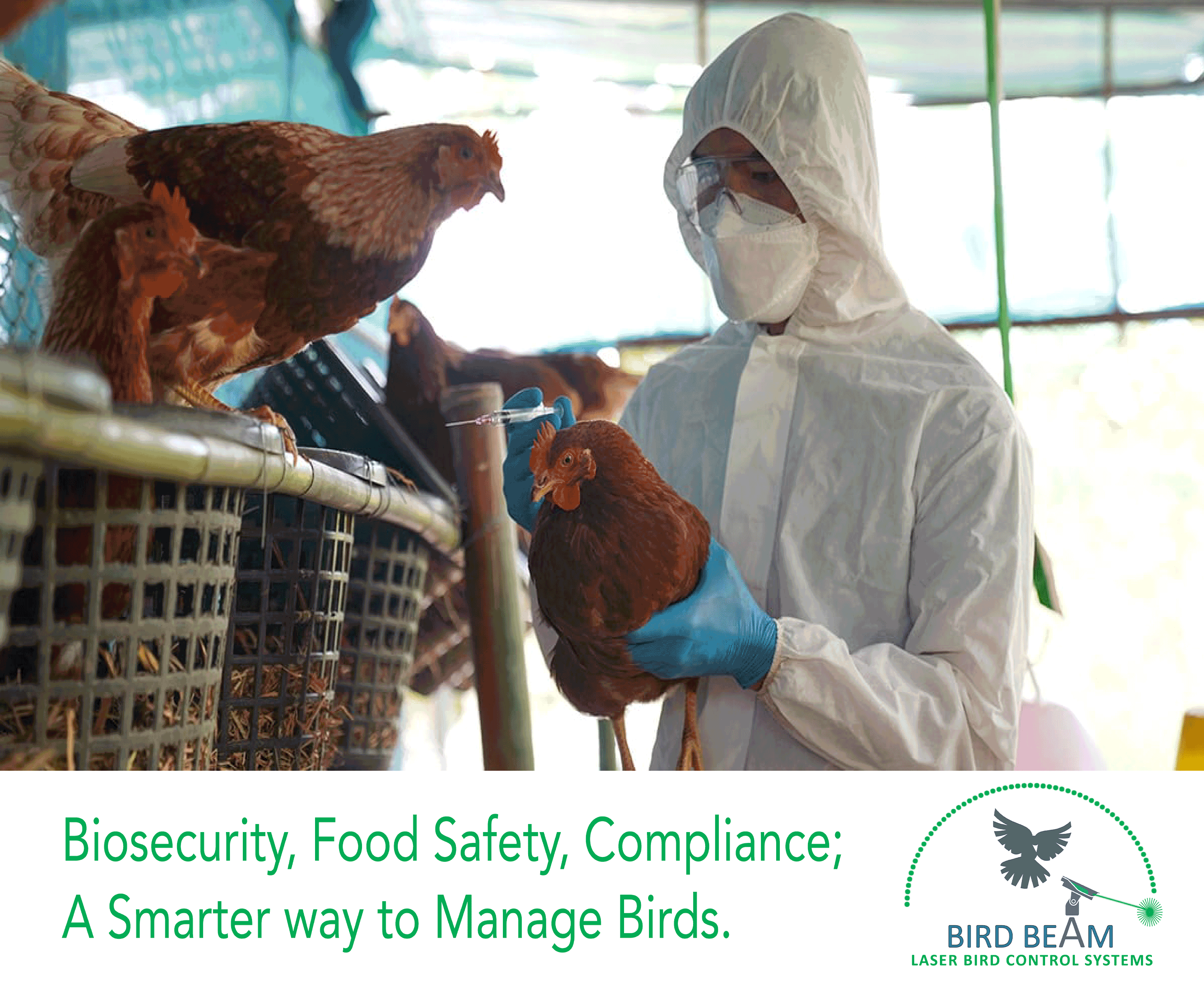1MG FlippingBooks
CSIRO: Vegan burger comparison often imperfect
Vegan alternatives to beef are not always better for the environment, with much of the research missing the benefits of carbon capture in the soil when calculating for impact, according to a recent report.
The Intergovernmental Panel on Climate Change (IPCC) report on Climate Change and Land examined sustainable farming, noting that when considering the overall footprint of individual products, it can be difficult for consumers to make informed decisions.
This is particularly true when comparing meat to meat alternatives.
In a piece first published on The Conversation , CSIRO researchers Maartje Sevenster and Brad Ridoutt note, “Two vegan burgers: Impossible Burger, and Beyond Burger claim to emulate the same taste, nutritional value and ‘mouthfeel’ of a beef burger. They also suggest they are much better for the environment than a regular burger.”
Part of the rise of veganism in Australia has come from consumers wanting to eat sustainably and discourage pasture greenhouse gas emissions. As expected, it has also seen the rise of plant-based meat alternatives.
Impossible Foods says its burger requires 87% less water and 96% less land, and produces 89% fewer greenhouse-gas emissions than a beef version. Similarly, Beyond Meat says its burger requires 99% less water, 93% less land, 90% fewer greenhouse emissions and 46% less energy than a beef burger.
However, these results focus on areas where vegan products perform well, and fail to give information on soil carbon or potential deforestation.
Not all beef is equal in its emissions, with some cattle farmers managing to achieve a negative carbon footprint, including US-based White Oak Pastures.
The company recently released a report evaluating their regenerative grazing pastures, which uses adjusted animal grazing to enrich soils and improve biodiversity, water and nutrient cycling.
Sevenster and Ridoutt explain, “The White Oak farm sequesters so much carbon in its soil and vegetation it more than offsets the emissions of its cattle, resulting in its negative carbon footprint. The internal study compared White Oak beef favourably to conventional beef, chicken, pork and soy, as well as the Beyond Burger.
“The silent assumption is, however, that no carbon sequestration occurs in conventional beef grazing or on feed and soy cropping land. This is not necessarily true. White Oak Pastures is using grazing to regenerate degraded cropland, so it is likely similar grazing on other farms would result in holding additional carbon within the first few decades.
“In Australia, farmers who convert their cropland to pasture (which stores more carbon) are eligible for credits under the Emissions Reduction Fund. There is also evidence cropping systems may sometimes hold carbon as well, in the US as well as in Australia. For example, the carbon footprint of Australian barley and canola may be some 10% smaller when taking carbon sequestration in soils into account.”
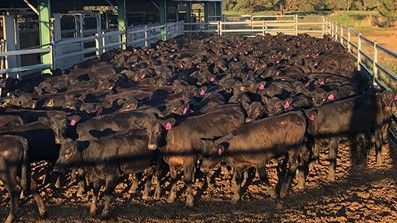
A selection of The Australian Farmer Sponsors - Click on a banner below to find out more...

